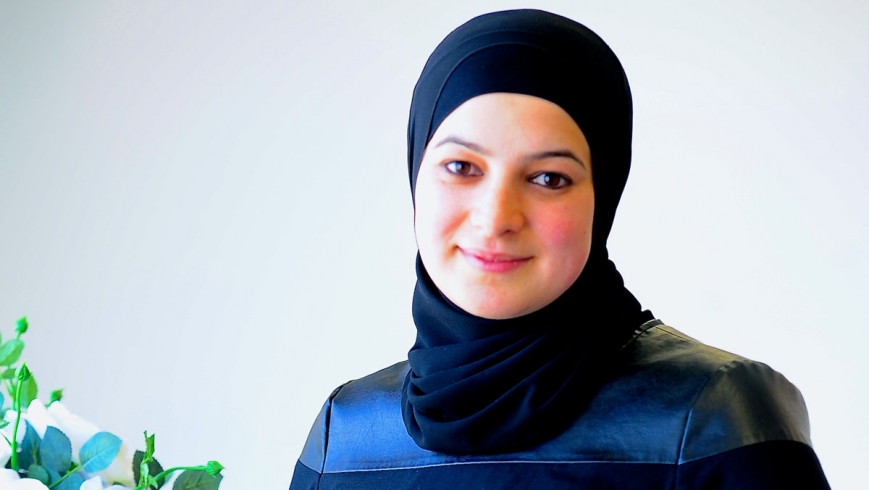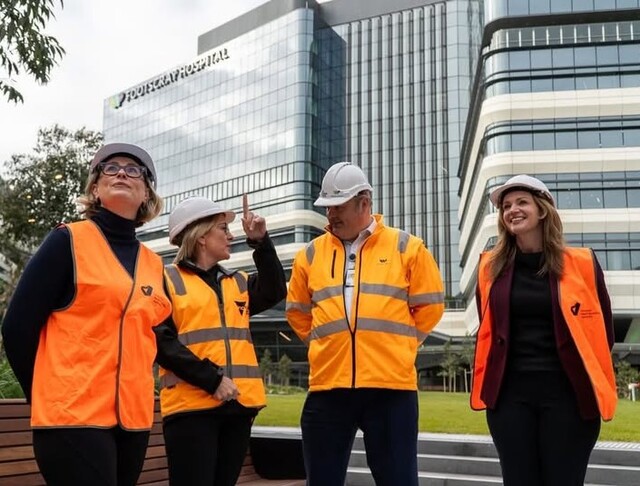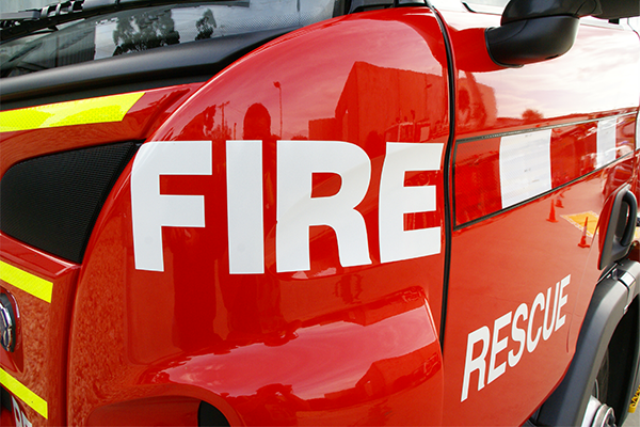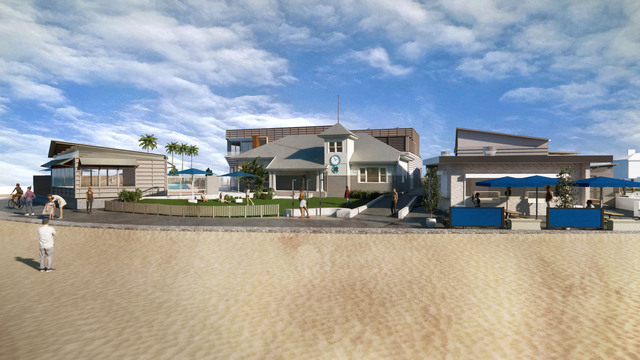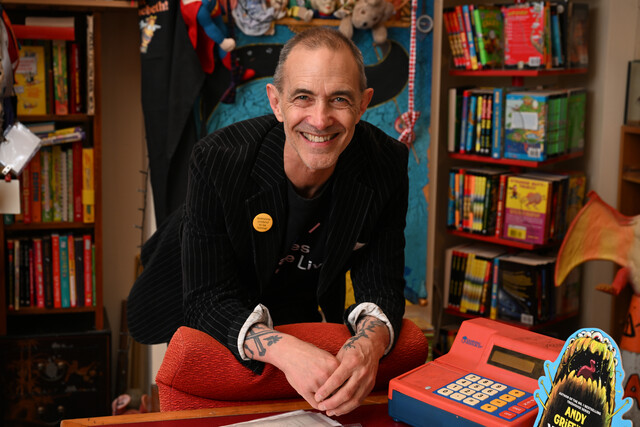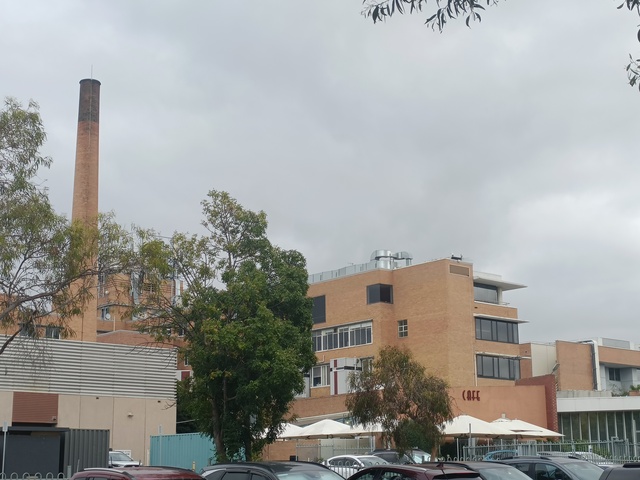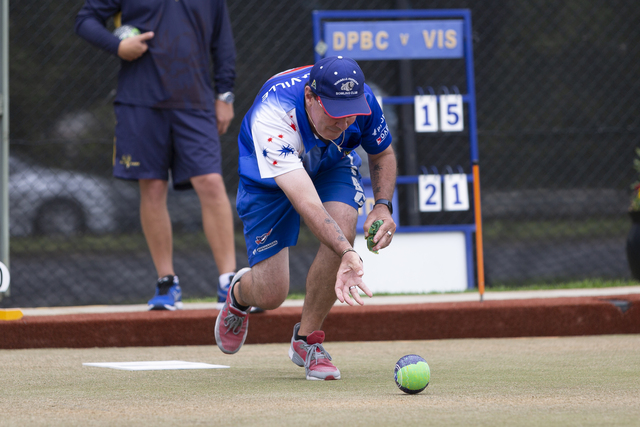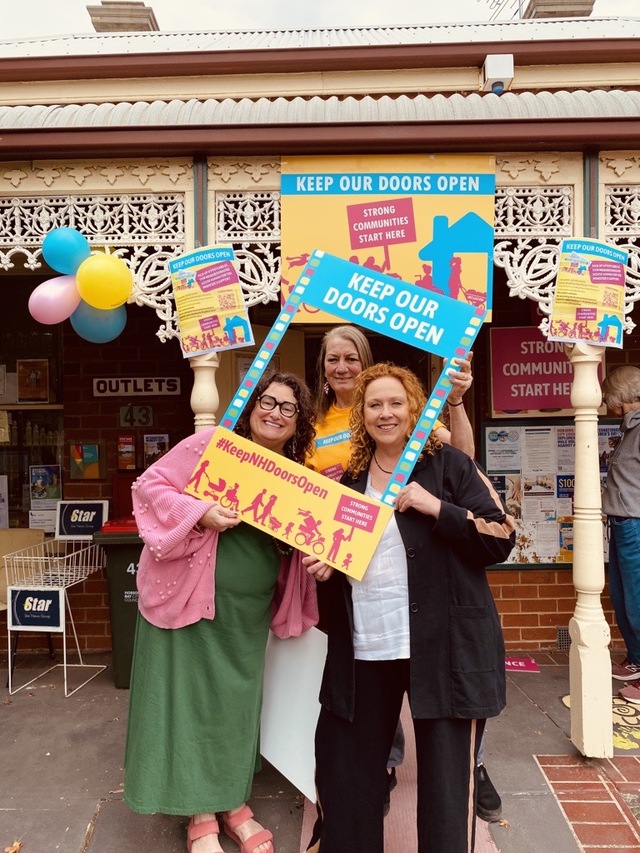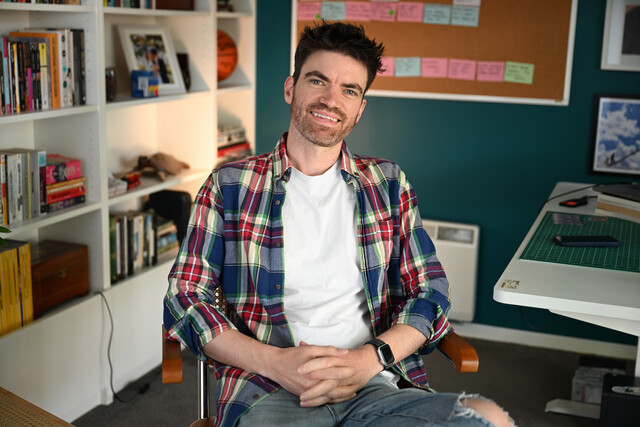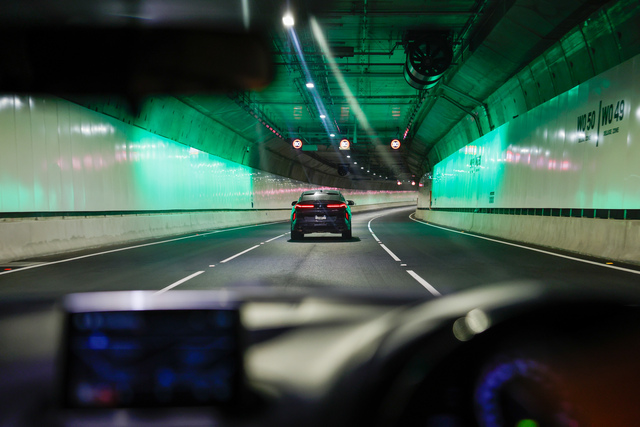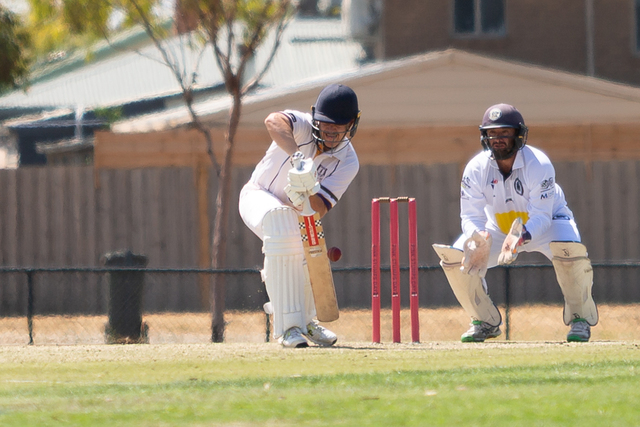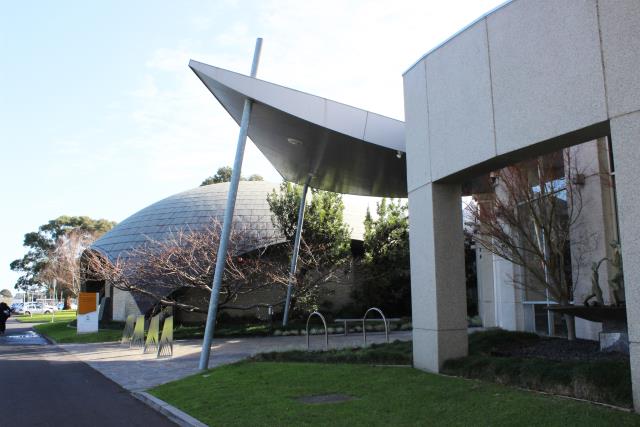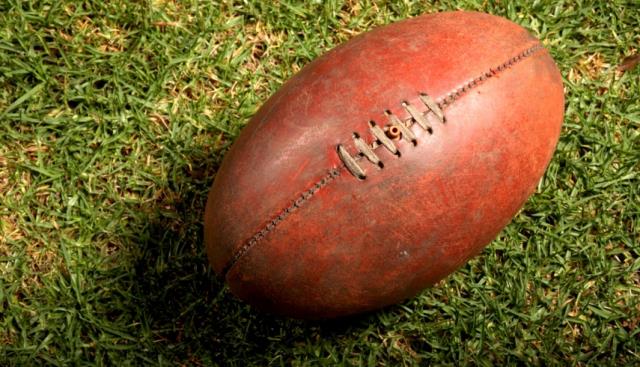A Newport lawyer and Muslim community leader has warned of growing divisions between the Islamic and broader communities.
Fatoum Souki has been asked to advise Victoria Police in the wake of the fatal shooting of Numan Haider on September 23.
The 18-year-old was shot by police outside Endeavour Hills police station after injuring two officers with a knife.
Ms Souki spoke to Star Weekly just before the Senate cleared the first tranche of the federal government’s tougher counter-terrorism laws.
Ms Souki said the Muslim community was feeling besieged by growing suspicion.
“Lebanon’s been a war-torn country for years,” Ms Souki said.
“One of my family members is returning home to visit his ill father.
“He has $1000 on him because he wants money when he’s there and the ATM is four hours from his village.
“He has a little beard. Suddenly, this is raising suspicion left, right and centre.”
Ms Souki said no Muslim would ever say it wasn’t OK for the government to protect the safety of Australia’s citizens.
“We’re the citizens and we want to be safe, but do it within a realistic means where you’re not isolating a whole community for a threat that’s not real,” she said.
Ms Souki questioned why Port Arthur mass murderer Martin Bryant was never defined by religion.
“Was he atheist, was he Protestant, was he Christian?” Ms Souki said. “We’re the hated ones at the moment.
“My community, more than ever, is being forced to define what makes us Australian because we feel that we have to justify ourselves.
“Young Muslim females, especially those who are covered and can be identified as Muslim, say people are looking at them weirdly and they feel as if they’re being judged.”
Williamstown MP Wade Noonan visited Newport mosque last Friday to show his support for the local Muslim community.
“We need to make sure we don’t allow fear and anxiety to spread across our community,” he said.
“It’s important for civic leaders to stand shoulder to shoulder with their local communities and demonstrate that we’re all united in our humanity, our understanding and our care for each other. Few things could be more important.”

